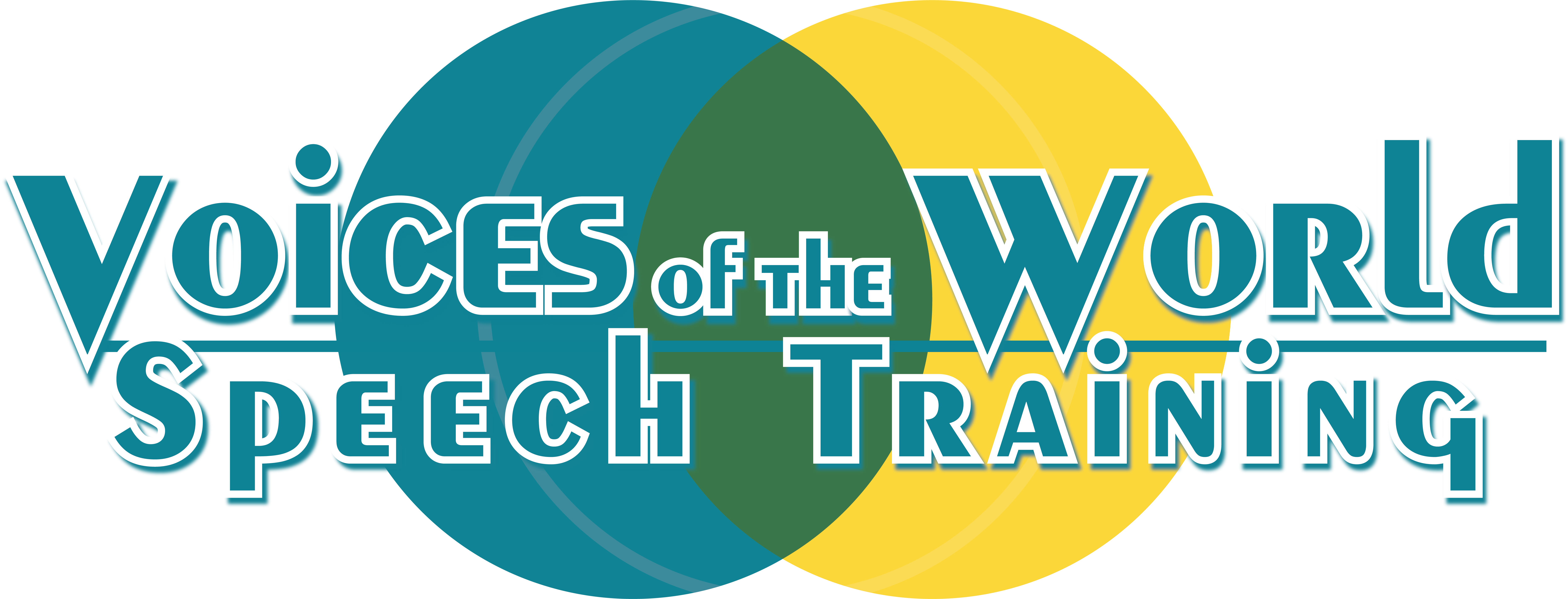05 May Good, bad, best, worst… How does your accent stack up?
People with foreign accents, people without… They all ask me the same question: “What’s the WORST accent?”
To start, let’s go ahead and scratch the term “worst” from our discussion. People who ask me this question don’t mean any harm, but this word rubs me the wrong way. As a linguist, I have learned not to pass judgment on language variations, but to study them and learn about them. There are no “bad” accents. There are just accents and we all have them. That being said, let’s get to the heart of the matter. What people really want to know is which accent is the most difficult to understand and to change.
There is not one specific accent that is unilaterally the most difficult to understand. Which accent you perceive to be the most difficult to understand may be different from what someone else perceives to be the most difficult.
The more familiar you are with a particular accent, the easier it should be for you to understand. Someone with a strong Vietnamese accent was told by his coworker that he wasn’t difficult to understand at all. Turns out that his coworker was married to someone with a strong Vietnamese accent! He was extremely familiar with the accent and was thereby able to easily sort through the sound changes in that accent and understand what was being said.
Another factor that affects ease of understanding is the similarity between your native language and the native language of the accented speaker in question. Many speakers of American English consider Indian accents to be difficult to understand. This is primarily because of the difference in intonation, or melody of speech, between languages such as Hindi and English, along with the changes in consonant and vowel sounds. The more sound changes, the more melody changes, the more stress changes in your pronunciation of a language, the more difficult it will likely be for people to understand you.
The degree of difference between your native language and that of American English also plays into how easy it is for you to change your accent. That being said, however, the strength of each person’s accent, the person’s ability to hear features of the target sounds (and distinguish them from sounds in his/her native language), the person’s skill in learning to produce new sounds, and the person’s dedication to taking classes and practicing his or her new skills will all affect the amount of time needed to make significant changes.
Whatever accent you have, whatever your current skill set is, significant changes can be made if you feel that you are having trouble being understood easily in English. To learn more about accent reduction training, get in touch! I would love to hear from you.
